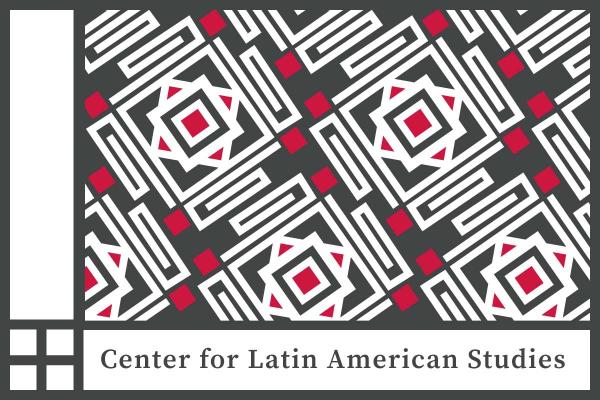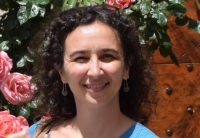
Join the Center for Latin American Studies for a lecture on interrogative constructions in the Spanish language with Dr. Assela Reig, professor at the Universidad Autónoma del Estado de Morelos in Mexico. Please read the abstract and a short bio below.
Abstract:
Mexican Spanish has a rich paradigm of marked polar interrogative constructions, that differ in their non-propositional meaning. This talk analyses the meaning of polar interrogatives marked with qué in Mexican Spanish (¿Qué Julia llamó?, ¿qué Julia no llamó?, ¿qué no Julia llamó?) based on the theoretical proposal of Sudo (2013). The analysis shows that the epistemic bias and the evidential bias are necessary for the analysis of these polar interrogatives, but insufficient to capture the differences between them. I argue that the two negative interrogatives with qué differ in the degree of their epistemic bias. The biases should therefore be conceived as gradients. The analysis is discussed in terms of the differences between marked and unmarked polar interrogatives and the meaning status (coded / inferred) of the epistemic and evidential biases.
Bio:

Assela Reig Alamillo (PhD in Hispanic Linguistics, OSU; PhD in Lengua española y lingüística general, UAM-Madrid) is a researcher and professor at the Centro Interdisciplinario de Investigación en Humanidades of the Universidad Autónoma del Estado de Morelos (Mexico), where she leads the Language and Cognition Laboratory. Her main areas of interest are pragmatics and morphosyntactic variation. Her research focuses on the study of meaning, specially non-propositional meaning, and is also interested in linguistic processing.
This lecture is made possible thanks to CLAS' Title VI NRC funds to support Latin American Studies.
